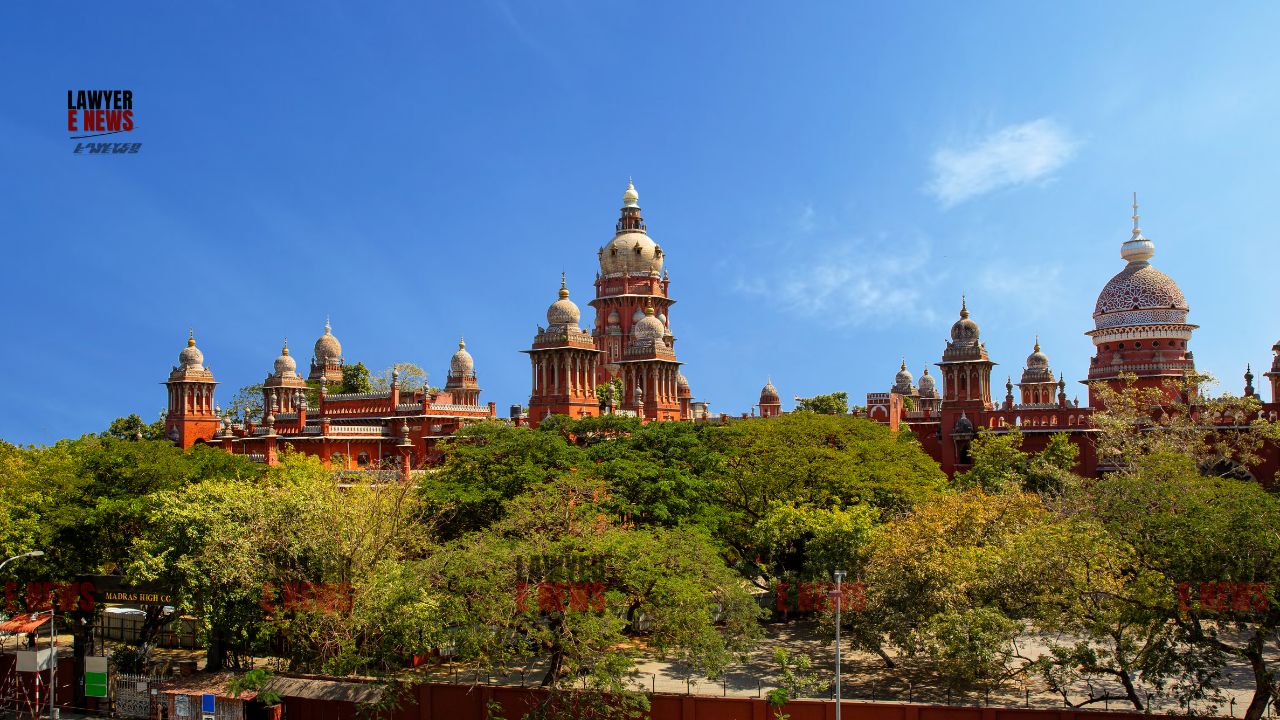-
by Admin
15 February 2026 5:35 AM



High Court emphasizes child’s best interests and psychological stability in granting father custody.
The High Court of Judicature at Madras, in a recent judgment, granted permanent custody of a minor child, S.Nehan, to his father, G.Siranjeevi. The decision, delivered by Justice C.V.Karthikeyan, emphasized the child’s best interests, psychological stability, and expressed preference as crucial factors in determining custody arrangements.
The petitioner, G.Siranjeevi, and the respondent, Diviya Madhavan, were married on March 7, 2012, and had two children. Due to irreconcilable differences, they divorced on February 20, 2023. Subsequently, both remarried and started new families. Siranjeevi, employed in Muscat, sought custody of their elder child, S.Nehan, aged 8, to relocate him for better educational opportunities, while the younger child, S.D.Dhruvann, would remain with the mother. The parents reached a mutual agreement, formalized in a compromise memo.
The court underscored the importance of considering the child’s preferences, especially when the child demonstrated maturity and understanding of the situation. “The child knew about this transfer from Chennai to Muscat and also that he would be studying in a School at Muscat. He preferred to be with the father,” noted Justice Karthikeyan.
Justice Karthikeyan ordered a psychological evaluation of the child to ensure his emotional stability regarding the relocation. The report by Dr. Vasuki Mathivanan confirmed the child’s readiness and positive disposition towards moving with his father. “The child seems to be emotionally stable and shows maturity in his talking and very clear and glad about his relocation to Muscat along with his dad,” stated the report.
The judgment highlighted the principle that a child’s welfare and best interests are paramount in custody decisions. The court also took into account the agreement reached between the parents and the child’s expressed wishes. “Taking into consideration the fact that the child, before me and also before the Counselling Psychologist, had expressed intention to relocate to Muscat along with his father and was also aware of that particular fact, I would affirm the compromise already effected between the parties and allow the Original Petition,” Justice Karthikeyan ruled.
Justice Karthikeyan remarked, “The child’s clear expression of his preference to live with his father and his emotional stability are significant factors that lend credibility to the petitioner’s case for custody.”
The High Court’s decision to grant custody of S.Nehan to his father underscores the judiciary’s focus on the child’s best interests and the importance of considering the child’s preferences and psychological well-being. This ruling sets a significant precedent in custody cases, reinforcing the need for comprehensive evaluations of a child’s readiness and emotional state in making such determinations.
Date of Decision: July 31, 2024
